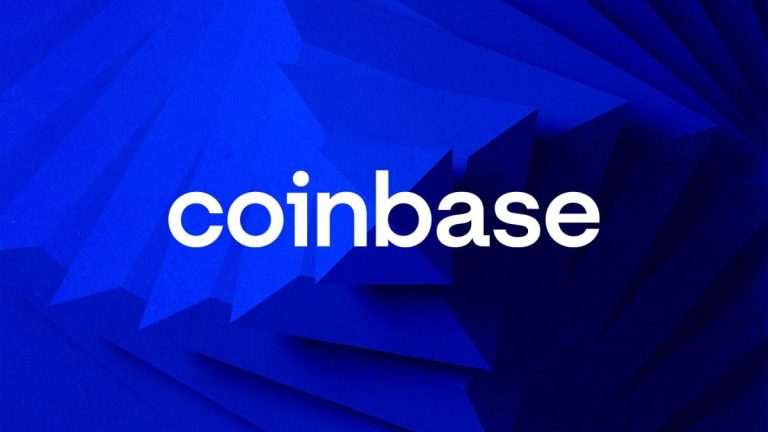New York District Judge Katherine Polk Failla questioned Coinbase in court on Wednesday over whether tokens listed on the exchange are securities.
Coinbase was sued by the Securities and Exchange Commission in June for allegedly acting as an unregistered exchange, broker, and clearing agency. Coinbase has pushed back on these claims, arguing that this is the case It was rejected The regulator was accused of taking a “regulation through implementation approach.”
Coinbase attorney William Savitt They looked at how securities are defined, noting what they say is the difference between “investing in Beanie Baby Inc. and buying Beanie Babies.”
Since its complaint in June, the SEC has said that cryptocurrencies including SOL, ADA, MATIC, FIL, SAND, AXS, CHZ, FLOW, ICP, NEAR, VGX, DASH, and NEXO are securities.
Savitt noted that Coinbase does not claim that the tokens listed on its website can ever be considered securities.
“We are of the opinion that token transactions can never be investment contracts,” he said, adding that the SEC did not make any claims in its lawsuit that would meet the definition of an investment contract.
He also stated that Coinbase agrees with the SEC that a formal contract signed by a buyer is not necessary to enter into an investment contract. But, again, the mere fact that token buyers read whitepapers and other information about token projects does not mean they are buying investment contracts, he said.
Savitt also pushed back on the SEC's thesis that selling tokens on Coinbase should be considered investment contracts simply because token projects may have made certain promises to buyers, and buyers bought tokens in hopes of increasing prices.
“There has to be a statement that aims to convey an enforceable promise,” Savitt said. “This is the irreducible minimum of what can be conceived as an investment contract.”
What makes blockchain tokens really different from securities, Savit said, is that whoever buys the shares, whether directly from the issuer or on the secondary market, gets all the rights that those securities give to the holder, but that's not true for tokens.
Bitcoin struggle
In a bizarre twist to the debate, lawyers for the SEC and Coinbase clashed over why bitcoin is definitely not a security.
In the first part of the hearing, the SEC's Patrick Costello mentioned the oldest cryptocurrency and noted that it is not a security because “there is no ecosystem behind it,” so people who buy bitcoin are not investing in a common institution. Coinbase's Savit responded to this hypothesis in his closing statement, noting that Bitcoin certainly has an ecosystem, like any other cryptocurrency.
I asked Coinbase about previous court decisions
Judge Failla asked Coinbase's attorneys whether New York District Judge Jed Rakoff's ruling last month was wrong when that judge sided with the SEC that Terraform Labs and its former CEO Do Kwon offered and sold unregistered securities.
“I don't know,” Coinbase's lawyer said, but added that the exchange disagreed with some of Rakoff's analysis.
“We can live with his analysis,” the attorney said, because the Rakoff decision ultimately states that there must be a contract or contractual agreement.
Other judges have taken a more direct stance in deciding whether or not the cryptocurrencies in question are securities. Failla also asked Coinbase's lawyer about the infamous Ripple case.
In this case, New York District Court Judge Analisa Torres to rule In July, some of Ripple's sales, called programmatic, of XRP did not violate securities laws due to the blind bidding process applied to them. It also ruled that other direct sales of the token to institutional investors were securities, leaving a partial win for the SEC.
Judge Failla is not convinced by the Big Questions principle
At the same time, Judge Failla mentioned the key questions principle that Coinbase relied on, noting that it rarely becomes part of court decisions. She said she was “afraid to do exactly” what Coinbase is asking her to prevent the SEC from doing — obtaining more power than the law allows.
This principle states that if an agency wants to decide an issue of major national importance, it must be supported by clear authorization from Congress. Coinbase has argued that this principle will apply and that the SEC is trying to circumvent Congress's mandate and take steps that “would have a legislative effect.”
Failla said that since he had been on the bench for 10 years, no one had asked about doctrine until this case.
“My reading or research in this area does not indicate that it appears very often, and even more often than not it is not discovered by the court,” Failla said.
Failla said she had a “natural hesitation” to implicate this doctrine because it is not done often.
Judge Faila ended the hearing late on Wednesday saying that both sides had answered some of her questions, but indicated that she had more.
“I can't decide this from the bench now,” Failla said.
If the judge denies Coinbase's request to dismiss the case, which is likely, it will be discovered. At the end of discovery, both the SEC and Coinbase can file a motion for summary judgment.
If the judge is not convinced, he will be tried and presented to a jury, but that will likely not happen until 2025.
Disclaimer: The Block is an independent media outlet that provides news, research and data. As of November 2023, Foresight Ventures is the majority investor in The Block. Foresight Ventures is investing in other companies in the cryptocurrency space. Cryptocurrency exchange Bitget is a core program of Foresight Ventures. The Block continues to work independently to provide objective, influential and timely information about the cryptocurrency industry. Below are our current financial disclosures.
© 2023 The Block. All rights reserved. This article is provided for informational purposes only. It is not provided or intended to be used as legal, tax, investment, financial or other advice.

